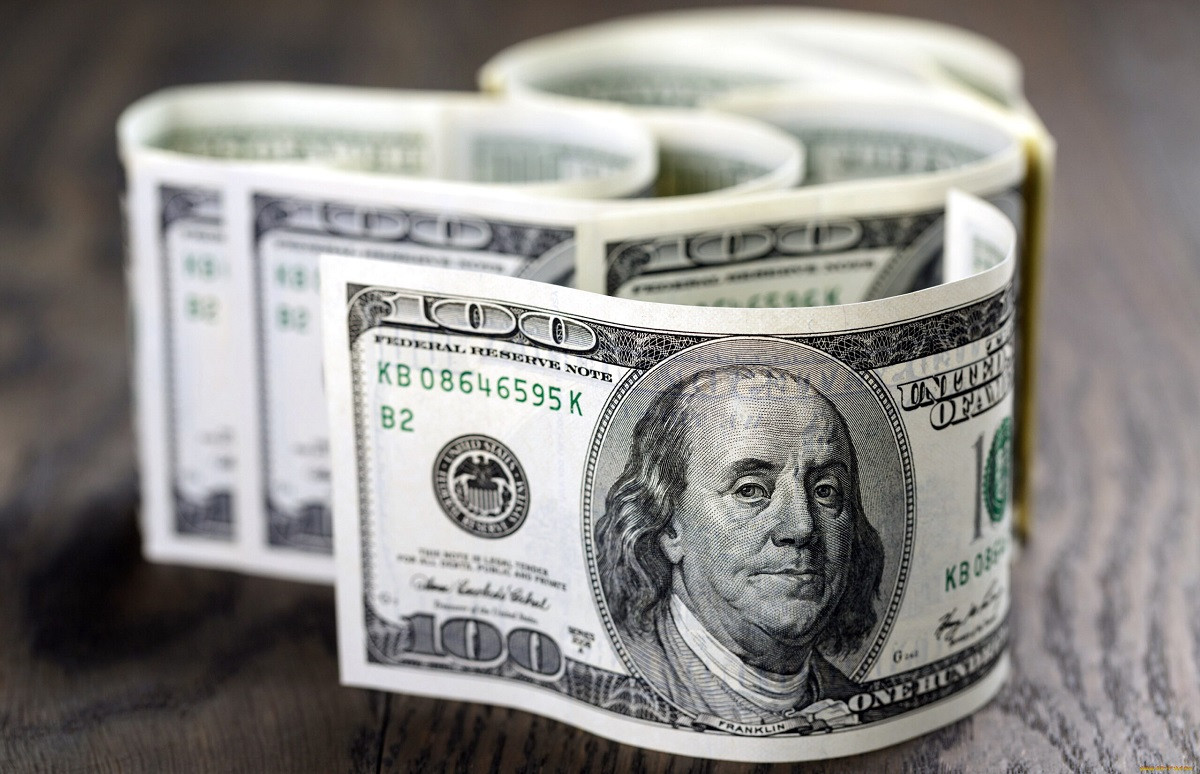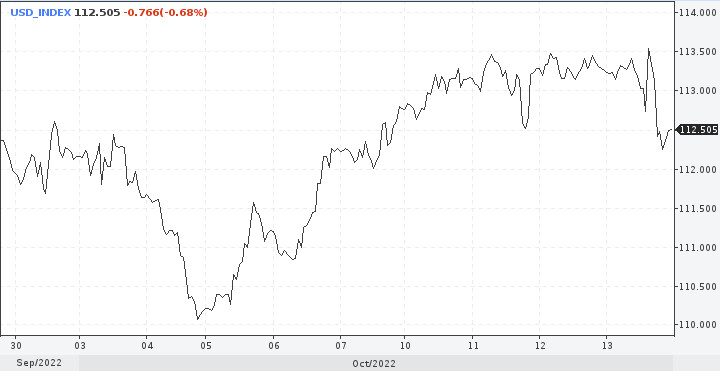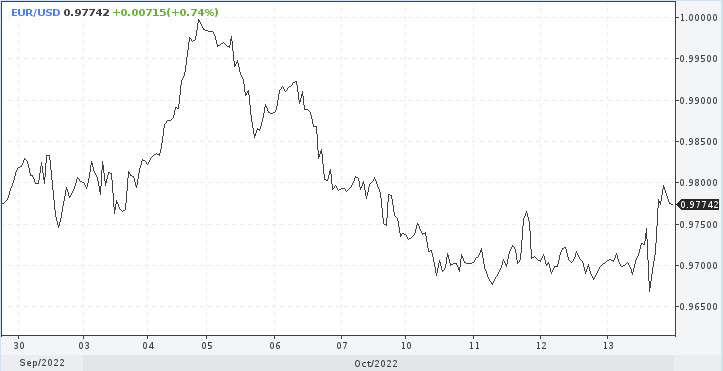
Inflation in the US continues to amaze. Judging by the latest figures, growth is not only not slowing down, but is intensifying. This means only one thing - the Federal Reserve will continue aggressive monetary moves. There will clearly be another major move at the November meeting, at which the central bank will raise the rate.
Surprisingly high figures could also contribute to a 75 basis point hike in December. This remains the dominant opinion. However, a rate hike by 100 bps at once is not ruled out.
U.S. interest rate futures traders have placed fresh bets on more aggressive policy, estimating a one in three chance that the Fed will raise rates above 5% in 2023.
Market players estimate the probability of a 75 bps move at 91%. For 100 basis points - 9%.
"Our policy is actually not as tough as it needs to be in order for us to achieve better results," said Atlanta Fed chief Rafael Bostic.
What does inflation look like
In September, the overall consumer price index rose by 8.2% year-on-year, while the consensus assumed an increase of 8.1%. Meanwhile, the indicator was lower than the growth of 8.3% in August.
On a monthly basis, inflation rose by 0.4%, increasing by 0.1% in August and doubling the 0.2% increase that the market expected.
People are focused on the basic consumer price index, which excludes volatile prices for food and fuel. It was also unpleasantly surprising, having increased by 6.6% last month compared with forecasts for growth of 6.5%. The indicator turned out to be significantly higher than the August one, which grew by 6.3%.
A look at the components of the inflation report shows that the pressure remains extensive, although there is some cooling from energy, commodities and used cars, which were at the forefront of the initial surge.
The indicators came out disappointing, most economists expected to see at least a symbolic slowdown in price growth. At the moment, there is nothing that could make Fed members doubt their position.
It is impossible to imagine a more hawkish report on the consumer price index in the United States. Now the question is, will the FOMC be able to protect the market from further price hikes?
Strange dollar tosses
A fresh batch of data was supposed to strengthen and intensify the dollar rally in the long term, including in the short term. At first, after the release of inflation data, the dollar jumped against the basket of competitors.
The impact was uneven, the pound held the defense well, as the UK has its own history developing in parallel.
The probability of growth of the dollar index in the future is highly estimated by analysts. However, the picture that took place on Thursday during the US session was a little alarming, the dollar gave a reverse signal, offsetting the daily gain and missing the mark of 113.00.

This could be due to the fact that the hawkish sentiments of FOMC members were already embedded in the US currency before the release of the depressing report, and nothing new has happened yet. Nevertheless, the risks of strengthening the dollar in the future have not gone away, according to Commerzbank.
Meanwhile, EUR/USD managed to show good results on Thursday, despite disappointing US inflation data. At first, it briefly dropped to 0.9650, then there was a short-term rebound to 0.9800.

On Friday, the eurozone economic calendar will present data on inflation in France and Spain, as well as the overall trade balance for the region. The US will publish its retail sales report, as well as consumer sentiment of the University of Michigan. The macroeconomic picture, coupled with new speeches by the Fed representatives, will give a new impetus to traders of EUR/USD pairs.
In general, the trend for EUR/USD remains downward. If bulls fail to break up the high on October 4 at the level of 0.9997, it will remain that way.





















